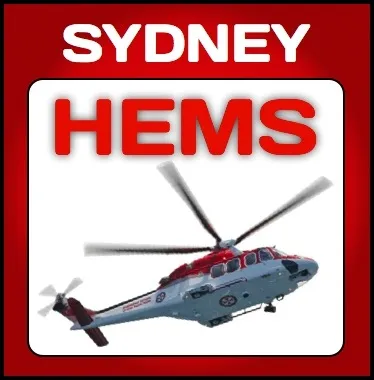HEMS Debrief – Cardiac Arrest Focus. #6, Dr Felipe Teran
- Author
- Sydney HEMS Team and Friends
- Published
- Sun 13 Jul 2025
- Episode Link
- https://sydneyhems.com/2025/07/14/hems-debrief-cardiac-arrest-focus-6-dr-felipe-teran/

Hello and welcome back.
This week, we are joined by Dr Felipe Teran from New York, discussing trans-oesophageal ECHO (TOE) in arrest.
Felipe is an Associate Professor of Emergency Medicine at Weill Cornell Medical College, New York. Additionally, Felipe is a clinical scientist and educational leader specifically focused on the utility and application of TOE during cardiac arrest. Indeed, Felipe is leading the way integrating this intervention into ACLS efforts.
In this episode, myself (Sam), Nat and CCP Jackie chat with Felipe about the literature to date demonstrating the application of TOE in arrest to best optimise chest compression position to promote forward flow. In so doing, resuscitation providers can attempt to avoid a left ventricular outflow tract obstruction, and are better able to continually assess the effectiveness of ACLS – noting that the heart can change position throughout arrest.
Additionally, Nat talks about her and the team’s experience of pre-hospital TOE within the New South Wales Ambulance system, in particular how TOE can be utilised as part of a toolkit of assessment during arrest to assess the effectiveness of a resuscitation – even in the absence of placing a patient onto ECMO. Linked to this, Jackie describes the effect of live physiologic guidance and feedback to the paramedic workforce in New South Wales.
We certainly hope you enjoy this episode, and we look forward to talking with you again soon.
